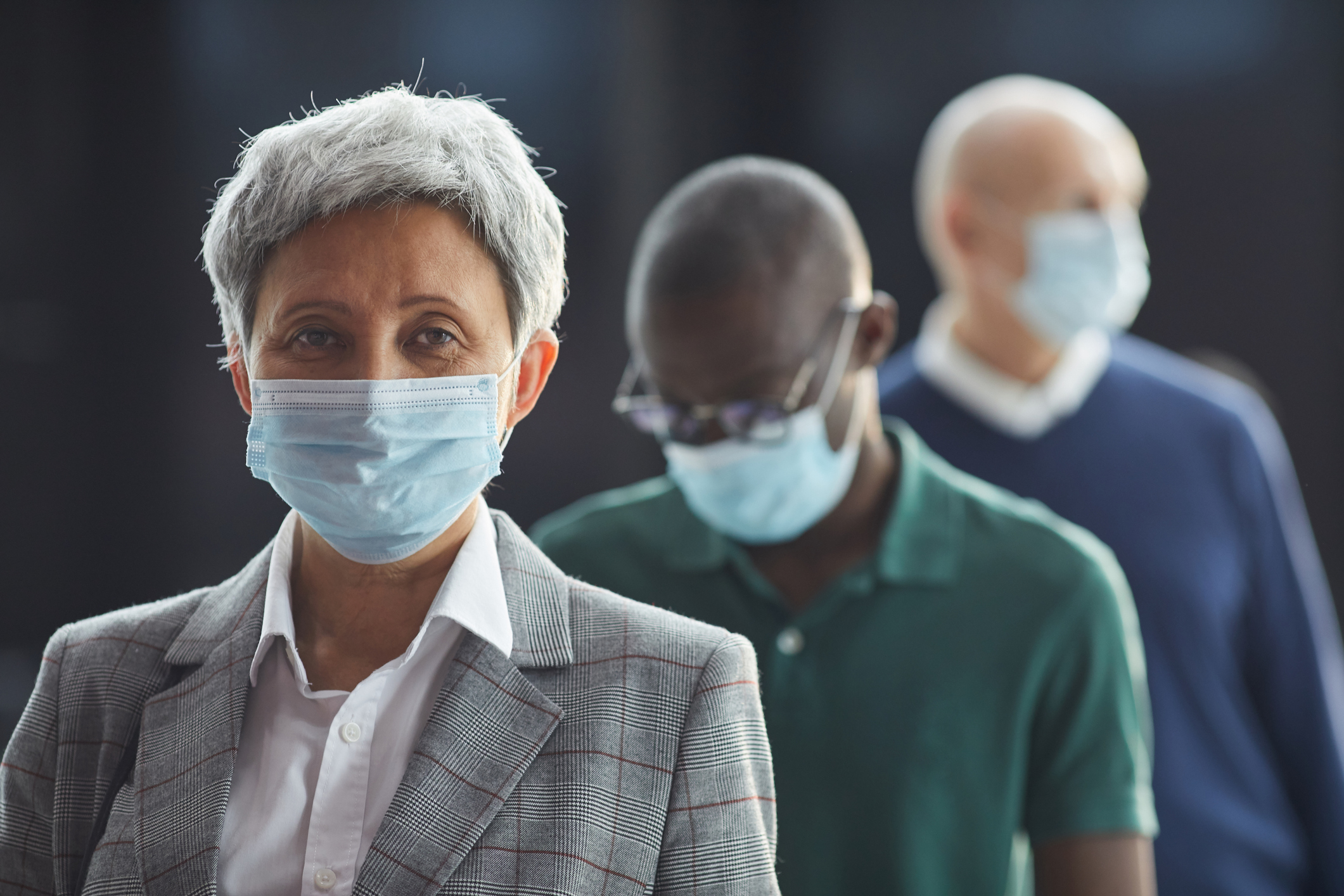As more people are fully vaccinated to prevent serious illness and the spread of COVID-19, in some regions like the United States, mask regulations are loosening. But the information can be confusing about what is safe for yourself and what vaccinated people can and cannot do in order to protect those who may not be vaccinated.
The Centers for Disease Control and Prevention released new guidelines earlier this week for fully vaccinated people. To be considered fully vaccinated, at least two weeks will have passed since the second dose of the Pfizer or Moderna vaccines or since the single dose of Johnson & Johnson’s COVID-19 vaccine.
Once fully vaccinated, the CDC now says that generally outdoor activities without a mask are considered safe and small gatherings indoors and outdoors with people from multiple households who are a mix of vaccinated and unvaccinated are also safe unmasked. Larger gatherings like outdoor concerts or sporting events where social distancing is not possible still require wearing face masks until vaccines are more widely distributed.
In the U.S., vaccinated people who come into contact with an infected person are no longer required to isolate or get tested unless they have symptoms of the novel coronavirus. Evidence suggests that fully vaccinated people do not transmit COVID-19. This Mother’s Day may include hugs from family and friends for those who have been fully vaccinated – a welcome return to a greater sense of normalcy.
In Canada, however, the picture is a bit different as only about a third of the population has received its first dose of a COVID-19 vaccine. Health officials still recommend the wearing of face masks at outdoor events and when gathering with people from different households. Along with frequent hand washing, social distancing, and avoiding crowds, it is hoped that the spread of coronavirus can be limited while more people receive their first and eventually second doses.
In addition to a limited supply of COVID-19 doses in Canada, vaccine hesitancy is also playing a role in the lag in vaccinations on both sides of the border. Conspiracy theories and emotional responses, rather than relying on facts and science, are driving some people to either delay or refuse the vaccine. Social media may also be stoking fears with misinformation. Hopkins Medicine helps clear up any misconceptions with the latest scientific evidence about the safety and effectiveness of COVID-19 vaccines.
Check with your local health department for updated information about Coronavirus restrictions, how to register for vaccinations, and for the latest announcements about immunization, outbreaks, and safety protocols.






Add Your Voice
0 Comments
Join the Discussion